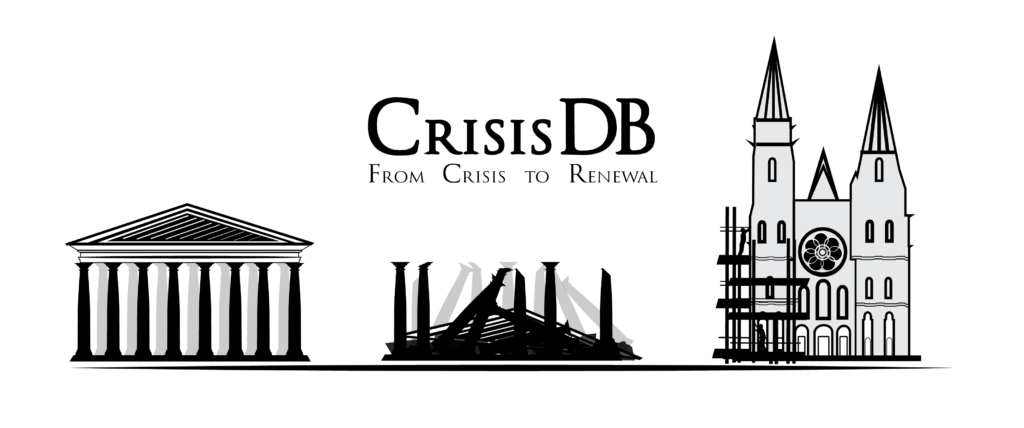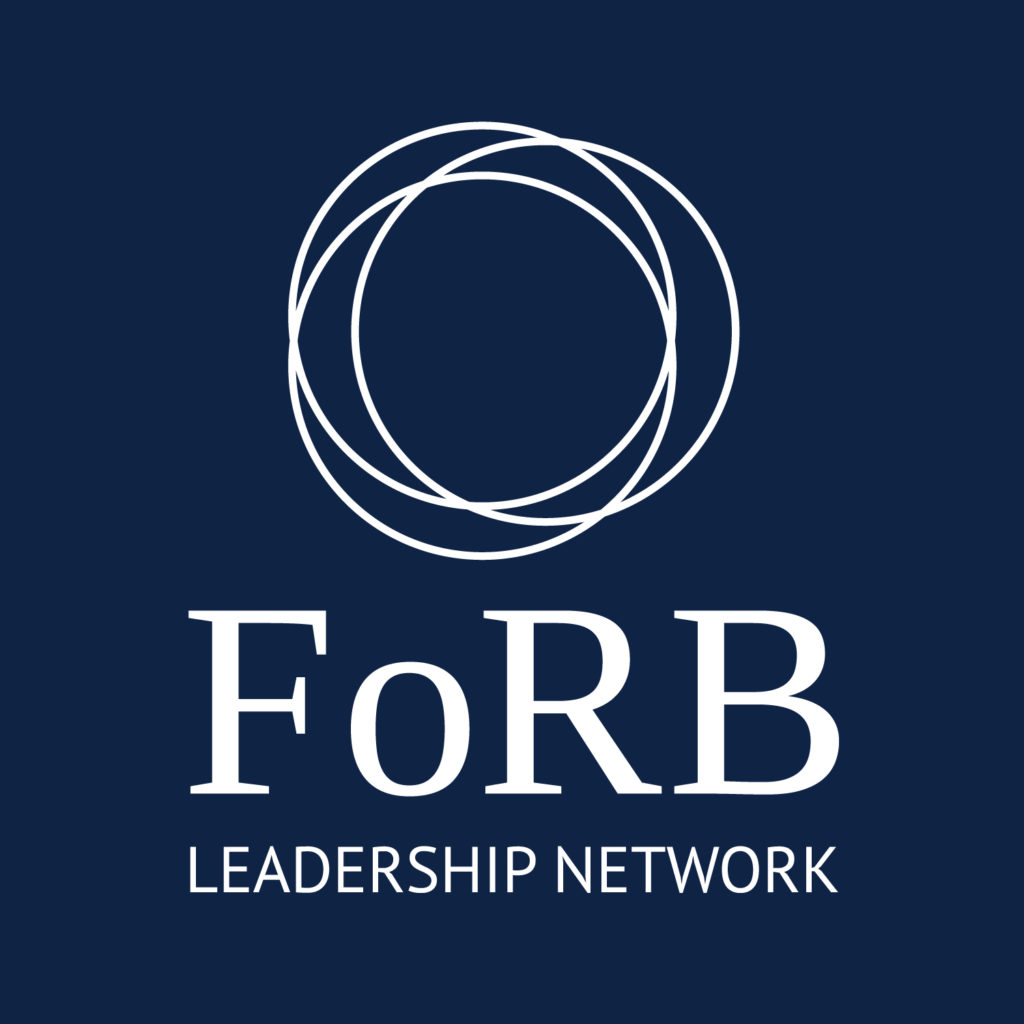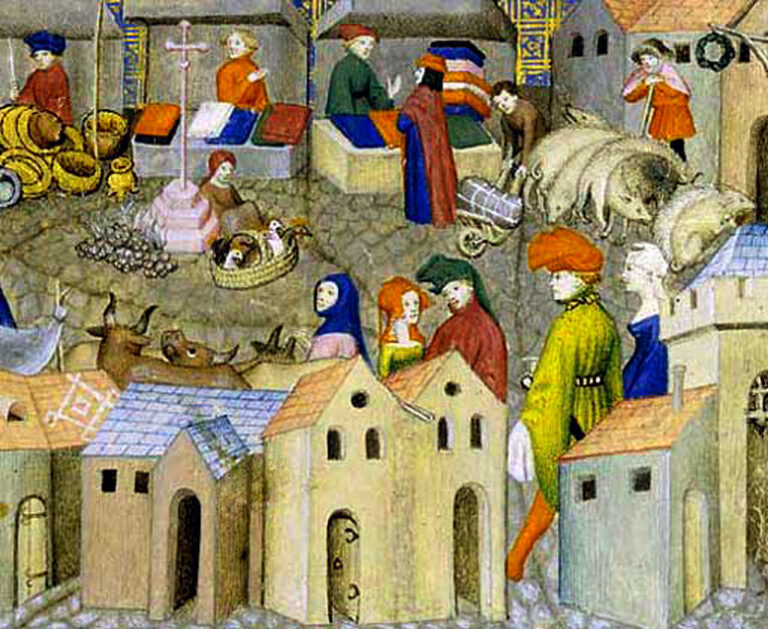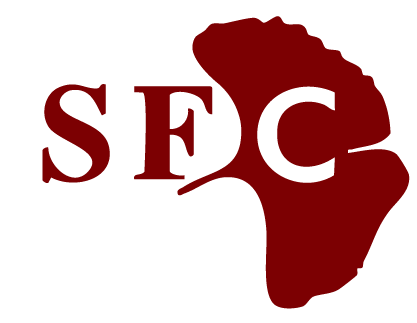Dans le cadre de notre mission de promotion des activités de recherches nous diffusons des opportunités de thèses et de stages en lien avec la Cliodynamique et organisons la mise en lien avec les instituts de recherche partenaire.
Projet : Crisis and Recovery Database
Superviseur : Daniel Hoyer avec l’équipe de Seshat
Modalités : 2 mois de stage en ligne dans une équipe anglo saxonne
Can we write a history of the near future? Are human societies in some sense predictable? Specifically, can we really understand why nation-states sometimes experience periods of declining socio-political resilience and stability, often resulting in social breakdown? Even more importantly, can we understand how societies recover from periods of internal upheaval/intense political violence and re-establish communal cohesion and social cooperation? Seshat: Global History Databank are employing a unique combination of quantitative and qualitative approaches to the study of history to predict a series of probabilistic scenarios of social collapse and recovery. Our team will investigate the anatomy of collapse and recovery in a smaller subset of case-studies. We focus not only on demographic and economic trends, but also on the study of public sentiments, such as moral outrage, resentment, fear, and enthusiasm, that fuel social protest. Behind such sentiments there are concrete, identifiable narratives, symbols and ideas, which make communities “tick.”

Projet : Freedom of Religion or Belief Leadership Network
Superviseur : Daniel Hoyer avec l’équipe de Seshat
Modalités : 2 mois de stage en ligne dans une équipe anglo saxonne

Seshat: Global History Databank is collaborating with the Freedom of Religion or Belief Leadership Network in constructing a Historical Volatility Index (HVI). The HVI tracks the volatility and cohesiveness of societies over time. A special focus is placed on the question of whether religious tolerance reduces or contributes to societal volatility.
Superviseur : Daniel Hoyer dans une équipe mix de Seshat et du Sante Fe Institute
Modalités : 2 mois de stage en ligne dans une équipe anglo saxonne

Thousands of years ago, humans lived in predominantly small-scale societies, interacting with few other communities at most a few hundred kilometers away; today, we live primarily in large states with hundreds of millions, exchanging goods and information globally with often anonymous individuals that we may never interact with more than once. What drove this enormous expansion of trade networks, their periodic contractions, and what have been the consequences for economic and social development and interstate conflict? How have negative side-effects been mitigated in the past, and how can we manage the continuing expansion of global exchange in the future?
We formed a multidisciplinary research group to being exploring these critical questions. Our goal is to curate a unique, large-scale historical dataset on exchange networks and the institutions and cultural practices that support them. This exciting work will create the first dataset of its type. Moreover, while the literature has recorded case studies and advanced a few hypotheses (e.g., on the role of contracts, or specific institutions like record-keeping or money), it lacks systematic evaluation of drivers and consequences of changes in exchange networks. Utilizing methods developed by the Seshat Databank, our novel dataset will allow us for the first time to systematically test hypotheses on the policies and institutions supporting trade expansion or leading to its contraction – and their impact on social functioning. Thus, our project will create a major new resource for the study of cultural evolution and the evolution of exchange networks, and will answer key questions about our shared past and our potential future.

